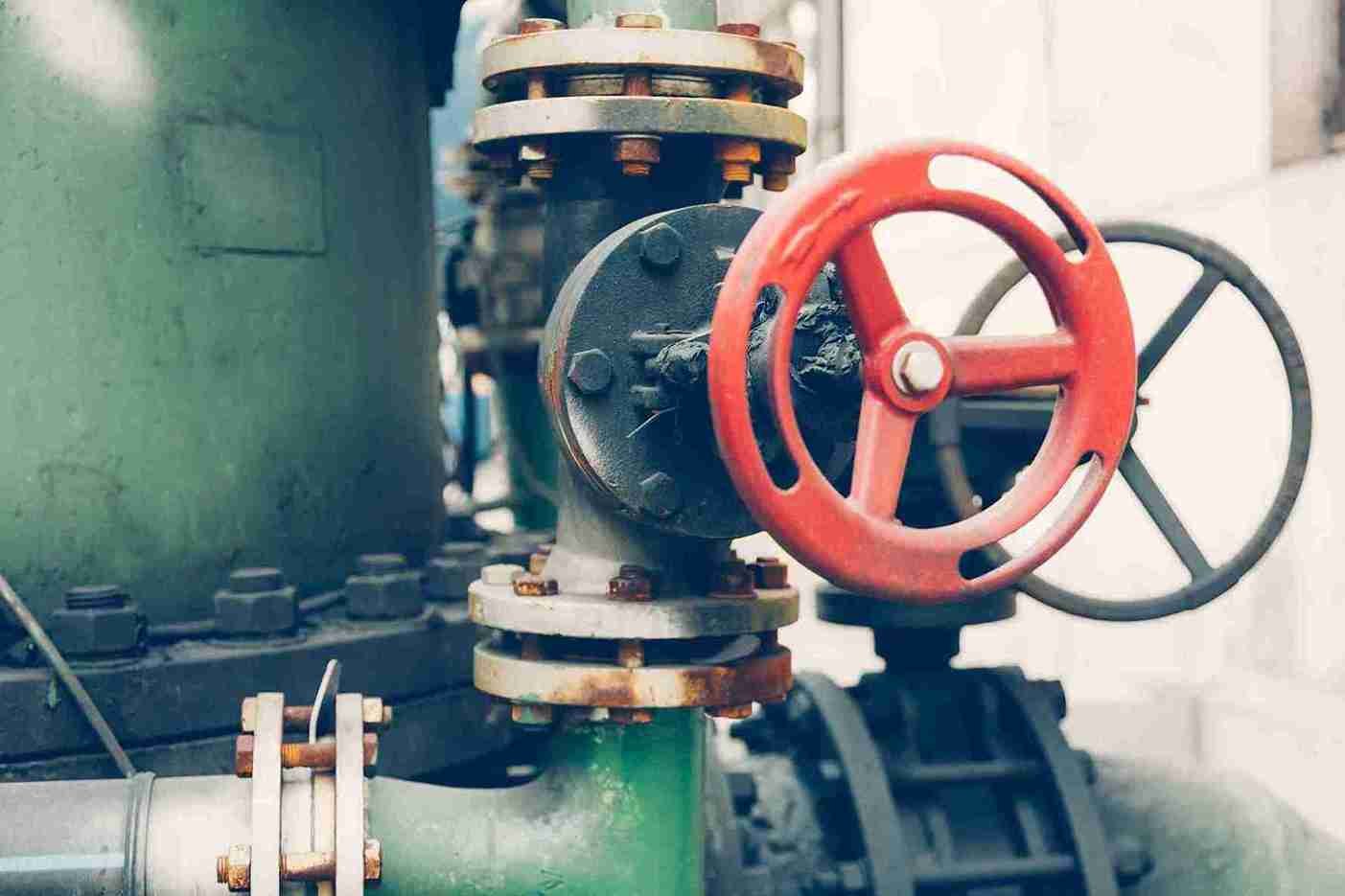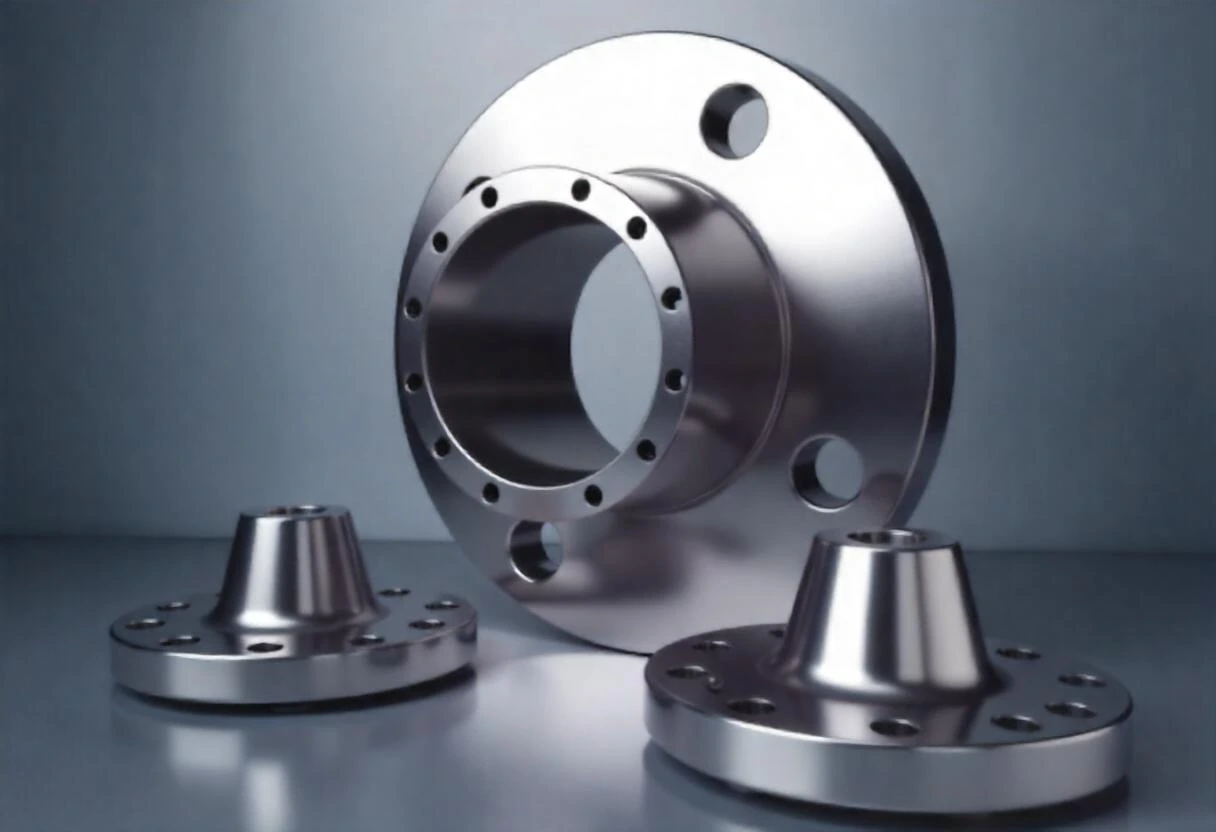Common Valve Failures and How to Prevent Them
In any industrial system—be it oil and gas, water treatment, power generation, or manufacturing—valves are the gatekeepers of flow control. They regulate pressure, ensure safety, and keep operations running smoothly. However, like any mechanical component, valves can fail. When they do, the consequences can range from minor disruptions to severe equipment damage, safety hazards, or costly downtime.
At NWH, we understand the critical role valves play in operational integrity. As a trusted valves supplier serving industries across Dubai and the broader MENA region, we aim to help clients reduce risks through education, reliable equipment, and expert support. In this article, we’ll explore the most common valve failures and practical strategies to prevent them.
1. Leakage (Internal or External)
Failure Type:
Leakage is one of the most frequently reported valve problems. It can occur either internally—through the valve seat—or externally, at the body or bonnet connections.
Causes:
- Worn-out valve seats or seals
- Corrosion or pitting
- Improper installation or torquing
- Foreign particles preventing full closure
Prevention:
- Use corrosion-resistant materials appropriate for the medium.
- Schedule regular maintenance to check sealing surfaces.
- Flush the system to remove debris before operation.
- Always follow proper torque values and manufacturer specifications during installation.
Read More : How to Detect and Prevent Valve Leaks in Industrial Systems
2. Valve Sticking or Seizing
Failure Type:
A valve may stick in the open or closed position, causing system flow issues or safety risks.
Causes:
- Corrosion buildup or mineral deposits
- Infrequent operation or improper storage
- Incompatible materials with the process medium
Prevention:
- Exercise valves regularly, especially those not used frequently.
- Apply proper lubricants to moving parts where applicable.
- Choose valve materials suited to the process fluid and temperature.
- Install filters or strainers upstream to reduce contaminants.
3. Actuator or Operator Failure
Failure Type:
Actuated valves (manual, electric, pneumatic, or hydraulic) may fail to respond to control inputs, affecting process automation.
Causes:
- Electrical or pneumatic power loss
- Improper actuator sizing
- Control signal errors
- Seal failure or internal leakage
Prevention:
- Match actuator specs with valve torque requirements.
- Install backup power sources for mission-critical operations.
- Use diagnostic tools to monitor signal integrity and actuator performance.
- Regularly test system response to identify lag or failure.
Read More: The Importance of Smart Valve Actuation in Modern Manufacturing
4. Cavitation and Flashing Damage
Failure Type:
Cavitation is a damaging condition caused by vapor bubbles forming and collapsing within the valve, eroding metal surfaces over time.
Causes:
- Excessive pressure drop across the valve
- Poor flow control design
- Valve selected without considering pressure or velocity
Prevention:
- Avoid extreme pressure differentials.
- Use valves designed for throttling applications.
- Consider anti-cavitation trims or pressure-reducing configurations.
- Model your system flow dynamics before selecting valves.
5. Water Hammer Damage
Failure Type:
Water hammer is a sudden pressure surge or shockwave in a piping system, which can damage valves, flanges, and pipes.
Causes:
- Rapid valve closure
- Improperly sized or located check valves
- Lack of pressure relief or air chambers
Prevention:
- Implement slow-closing valves for shutoff functions.
- Install surge arrestors or pressure-relief valves.
- Avoid quick starts and stops in pump systems.
- Use flexible pipe supports to absorb energy spikes.
6. Incorrect Valve Selection
Failure Type:
Using the wrong type of valve for a given application can lead to poor performance, premature failure, or safety concerns.
Causes:
- Inadequate understanding of process conditions
- Oversized or undersized valve
- Wrong material choice for fluid, temperature, or pressure
Prevention:
- Work with experienced engineers during the valve selection process.
- Clearly define system requirements (media, pressure, temperature, flow rate).
- Select valves with appropriate certifications and ratings.
- Consult your supplier to match product features to operational needs.
7. Valve Seat Erosion
Failure Type:
Seat erosion affects a valve’s ability to seal properly, leading to leakage or operational inefficiency.
Causes:
- High-velocity fluid containing solids
- Frequent opening and closing under load
- Chemical incompatibility
Prevention:
- Select harder seat materials such as tungsten carbide or hardened steel.
- Use throttling valves where necessary instead of standard on/off valves.
- Install upstream filtration systems to reduce solids.
- Monitor seat condition during routine inspections.
Best Practices for Preventing Valve Failures
Preventing valve failure starts long before the valve is even installed. It involves a combination of correct product selection, proper installation, routine maintenance, and ongoing performance monitoring. Here are some best practices every industry professional should follow:
- Documentation & Planning: Maintain records of all valve specs, service dates, and observed issues.
- Training: Ensure that technicians and operators are properly trained in handling valves and interpreting early signs of failure.
- Predictive Maintenance Tools: Consider advanced tools like vibration analysis, thermal imaging, or acoustic sensors to detect early warning signs.
- Vendor Collaboration: Partner with a reputable valves supplier that can offer ongoing technical support and tailored recommendations based on your system.
Conclusion
Valve failures are preventable with the right approach to design, selection, maintenance, and supplier support. Whether you’re dealing with high-pressure oil pipelines, HVAC systems, or water treatment facilities, understanding common failure modes can significantly reduce risk and downtime.
New World Horizon is committed to delivering not just premium valve products but also the knowledge and expertise needed to ensure their optimal performance. From selection to post-sale support, our team is ready to assist you in creating safer, more efficient systems.



